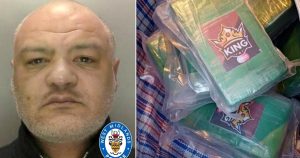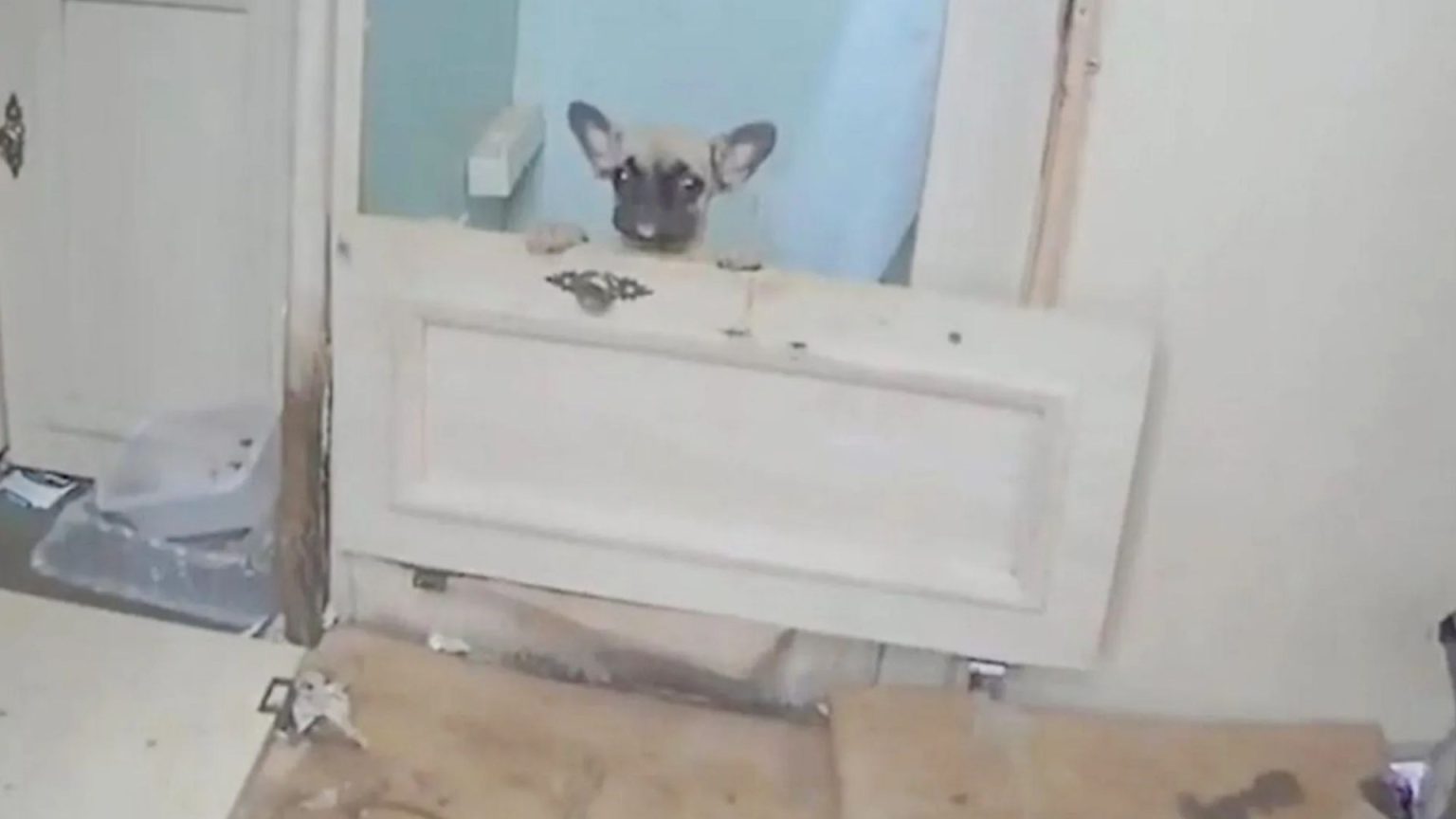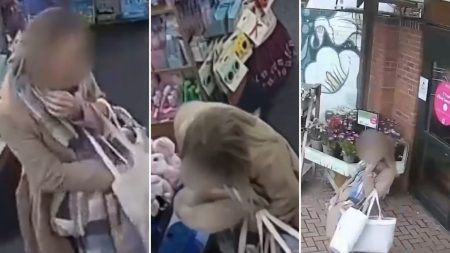Micaela Anderson-Letts, a 35-year-old woman residing in a leafy London suburb, was at the center of a horrifying animal cruelty case and a significant player in an international puppy smuggling ring. Her Surbiton home was a scene of unimaginable squalor, where dozens of animals languished in appalling conditions. Rotting carcasses were fed to Rottweilers amidst sun-bleached pig skulls, while other animals, including pigs, chicks, and hens, starved and dehydrated, forced to compete for scarce resources in the sweltering summer heat. The property reeked of decay and neglect, littered with offal, entrails, congealing blood, and feces. The sheer volume of animal suffering discovered at the scene painted a grim picture of Anderson-Letts’ callous disregard for animal welfare.
The horrors uncovered at Anderson-Letts’ residence are just a glimpse into the dark underbelly of the UK’s booming puppy farming industry, a multi-million pound illegal market that has exploded since the Covid-19 pandemic. Fueled by increased demand and the ease of online transactions, social media platforms have become breeding grounds for unscrupulous breeders. Tragically, a significant proportion of puppies purchased online originate from these farms, often suffering from severe health issues or even dying due to the horrific conditions they endured. The lack of regulation and oversight, coupled with buyer ignorance and the breeders’ deceptive tactics, contribute to the perpetuation of this cruel trade.
Anderson-Letts’ involvement in the illegal puppy trade came to light in October 2020 when Border Force officials intercepted her upon arrival from France. Inconsistencies in her animal passports and her admission of transporting multiple dogs through the Channel Tunnel triggered an investigation. Subsequent raids on her property revealed a horrifying menagerie of neglected animals. Puppies were found crammed into cages or roaming freely, while German Shepherds devoured pig skin in the garden alongside bulldogs and a Shih Tzu. Evidence also emerged of a man attempting to smuggle Beagle puppies in a suitcase from her property. The scale of the operation became increasingly apparent as investigators pieced together the evidence.
Further inspections revealed the extent of Anderson-Letts’ cruelty. Pigs were found dead in a trailer, deprived of food and water, their remains later fed to her other animals. Chicks and hens were crammed into overcrowded, filthy enclosures, left to suffer in the oppressive heat. The garden was a gruesome spectacle, strewn with animal body parts and pig skulls. Despite a previous conviction for a dog bite incident and a ban on keeping animals, Anderson-Letts continued her illegal activities, relocating to Sussex and persisting in her importation of animals from the continent. Her blatant disregard for the law and animal welfare demonstrated a calculated and persistent engagement in this illicit trade.
In 2021, Sussex Police discovered 35 puppies locked inside an abandoned caravan in Eastbourne. Despite CCTV footage linking her vehicle to the caravan, Anderson-Letts denied any involvement. The conditions inside the caravan were described as uninhabitable, filled with feces, urine-soaked cardboard, exposed wires, and sharp objects. The puppies, a mixture of breeds including Labradors, Dachshunds, and French Bulldogs, were left to languish in this appalling environment. This discovery further solidified the evidence against Anderson-Letts, highlighting her continued involvement in the illegal puppy trade.
Anderson-Letts’ case underscores the broader issue of the lucrative and largely unregulated puppy farming industry in the UK. Illegal breeders employ various techniques to evade detection, often delivering puppies directly to buyers to conceal their breeding locations. Many buyers fail to conduct adequate research before purchasing a puppy, contributing to the problem. The RSPCA advocates for adopting dogs from rescue centers and urges potential buyers to thoroughly research breeders, ensuring they are licensed and operating responsibly. They advise against purchasing puppies from sellers who arrange meetings in unusual locations, pressure buyers into quick purchases, or prevent buyers from seeing the puppy’s mother and breeding environment. Raising public awareness and educating potential buyers are crucial steps in combating this cruel industry. Despite the overwhelming evidence against her, Anderson-Letts initially attempted to sue the council, claiming to be a knowledgeable and caring animal lover. She later claimed travel anxiety prevented her from attending court hearings and even requested bail amendments to attend a separate court appearance in Scotland. Between her arrest and sentencing, she gave birth to a daughter, a factor that ultimately contributed to her receiving a suspended sentence of 24 months. The judge, however, rejected her claims of remorse, recognizing her as a central figure in a well-organized and lucrative criminal enterprise driven purely by profit, with a complete disregard for animal welfare. Anderson-Letts’ case is not an isolated incident. Other cases, like the McDonagh family in Newport, Wales, who pocketed £300,000, and Julie Pearce and her daughters, who made £150,000, demonstrate the scale and profitability of illegal puppy farming. These cases underscore the urgent need for stricter regulations and enforcement to protect animal welfare and crack down on this cruel and exploitative industry.











